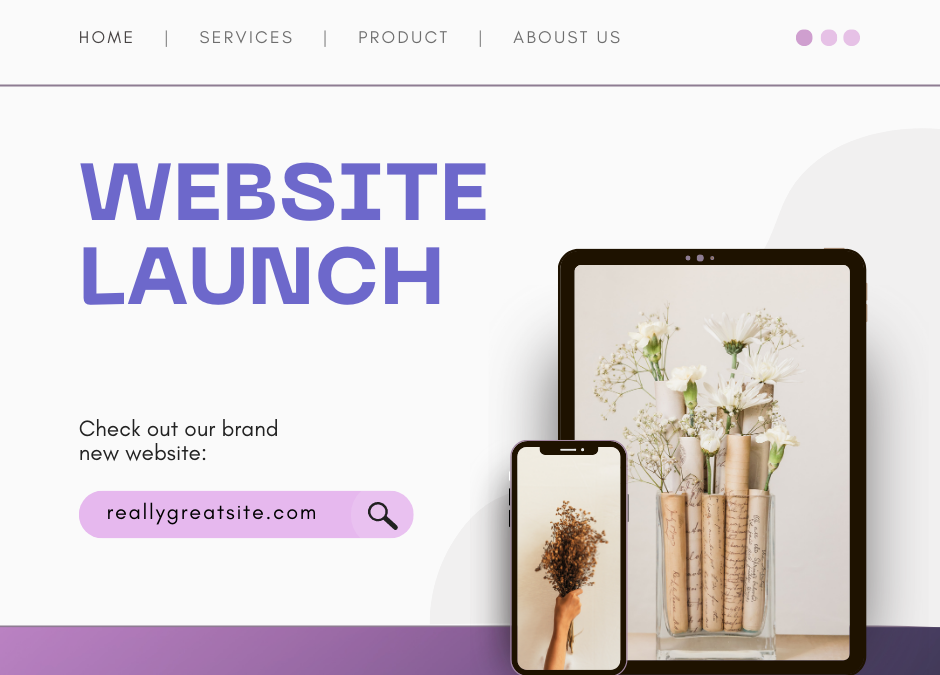In today’s digital era, a website has become more than just a virtual presence; it’s a fundamental necessity for individuals, businesses, and organizations alike. The reasons for needing a website are manifold and extend beyond mere online visibility. Here’s why having a website is crucial:
-
Online Presence: A website serves as your digital storefront, accessible to a global audience 24/7. In a world where people turn to the internet for information, not having a website means missing out on potential opportunities and connections.
-
Credibility and Trust: A well-designed website enhances your credibility. It’s often the first place people look to learn about you or your business. A professional website instills trust and legitimacy, making visitors more likely to engage with your content or make purchases.
-
Control Over Your Narrative: Having a website allows you to control how you’re perceived online. You can present your story, showcase your expertise, and provide accurate information, ensuring that your audience gets a well-rounded and accurate understanding of who you are.
-
Showcasing Products and Services: For businesses, a website is a platform to showcase your products and services. High-quality images, detailed descriptions, and user-friendly interfaces enable potential customers to explore what you offer, ultimately driving sales.
-
Brand Identity: Your website is an opportunity to establish and reinforce your brand identity. You can tailor the design, colors, fonts, and content to align with your brand’s values and personality, creating a consistent and memorable user experience.
-
Content Sharing: Websites are hubs for sharing valuable content. Whether you’re a blogger, educator, or business, you can use your website to share articles, videos, tutorials, and other forms of content that demonstrate your expertise and provide value to your audience.
-
Searchability: A website makes you discoverable through search engines. By optimizing your site for search engines (SEO), you increase the likelihood of appearing in relevant search results, driving organic traffic to your site.
-
Communication Hub: Your website serves as a central hub for communication. You can provide contact information, offer customer support, and even integrate features like live chats or contact forms to engage with your audience directly.
-
Analytics and Insights: Websites provide access to valuable data through analytics tools. You can track user behavior, site traffic, conversions, and other metrics. This data empowers you to make informed decisions and refine your strategies.
-
Adapting to Trends: As technology evolves, having a website allows you to adapt to changing digital trends. You can integrate new features, update your design, and ensure compatibility with different devices.
In conclusion, a website is a versatile and indispensable tool in today’s digital landscape. It’s a place to showcase your offerings, build credibility, connect with your audience, and control your online narrative. Whether you’re an individual, a small business, or a large corporation, a website is the foundation upon which you can build a successful online presence.
